
27 Courses
COUN690: Internship I Term 2 2025-2026
This course is designed to provide students with 300 hours of supervised experiences that reflect the activities of a regularly employed professional in the field of counselling. Under the guidance of faculty and supervisors, the primary focus of this internship is to help students develop the knowledge, skills, and dispositions required for ethical and competent practice as a counsellor. Normally the 300 hours will be completed in a six-month period. Student should not be enrolled in course work at the same time as an internship placement.
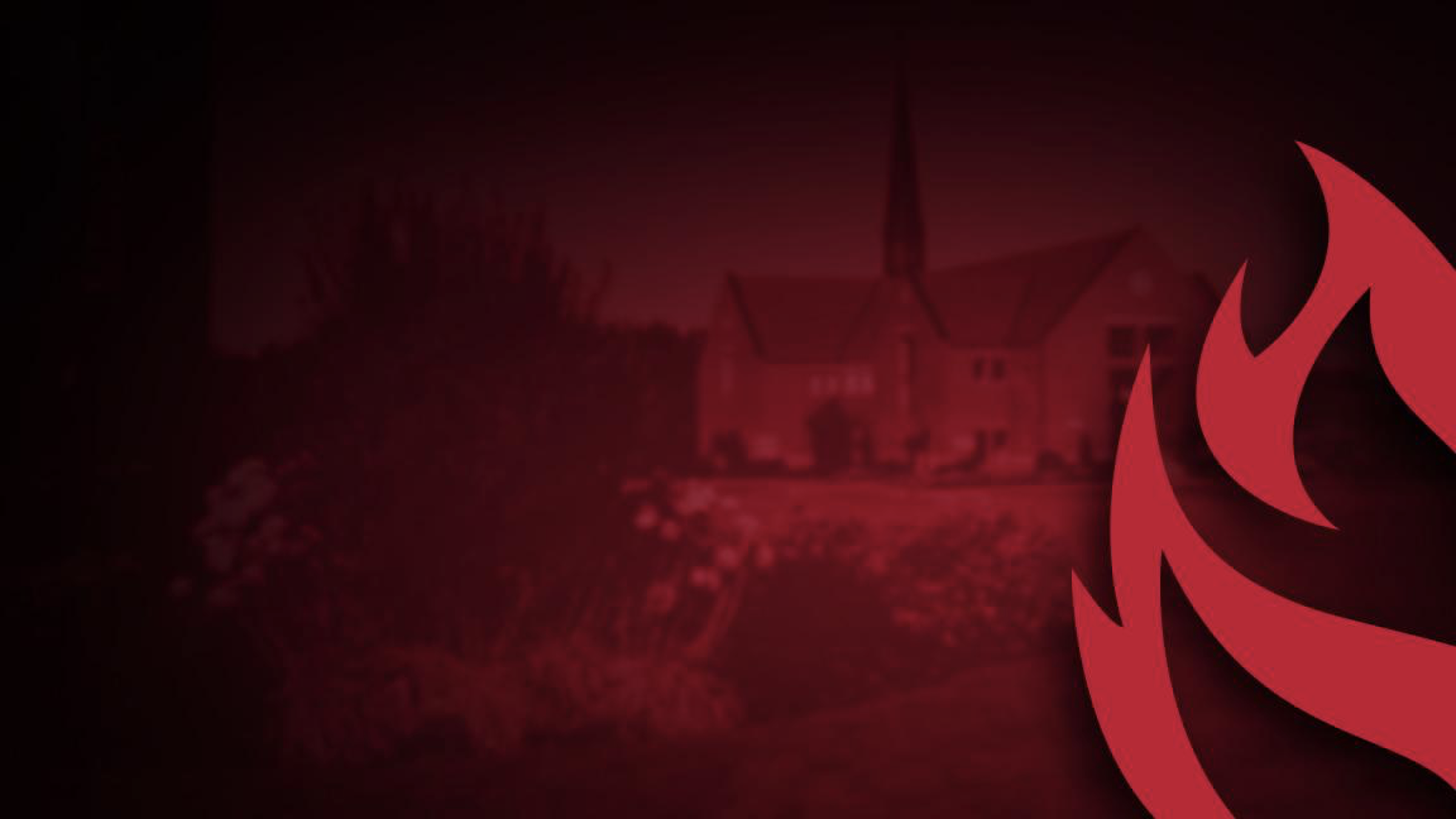
PM506: Capstone Project Term 2 2025-2026
This course allows students to integrate and apply in a working preaching/teaching model the principles, insights and skills they have learned in each of the M.A. courses.

Term 2 2025-2026
PS105: Christian Journey into Psychology Term 2 2025-2026
This course examines neuroscience and psychology, seamlessly intertwined with the profound principles of the Christian faith. It looks at the groundbreaking Next-Gen Brian Paradigm that is reshaping the landscape of psychology and transcending every academic discipline.

Term 2 2025-2026
TH306: Christian Doctrine II Term 2 2025-2026
This course is a continuation of Christian Doctrine I, focusing on a systematic treatment of the doctrines regarding the person and work of Jesus Christ, the atonement, the nature and function of the Holy Spirit in the life of the believer, sanctification and the Christian life, the nature of the church, and eschatology.


Term 2 2025-2026
TH503: A Theology of the Church Term 2 2025-2026
This course begins with a theology of the church overview of the various biblical images of the church, which in turn necessitates an understanding of the historical and theological development, and adaptations of these biblical images. The course includes exercises where the student will critically reflect upon life in the church and ministry as he or she currently experiences it in light of these biblical, historical and theological principles. The goal is for the student, as a ministry leader, to become a facilitator of a biblically sound, culturally relevant, spiritually growing, reproducing, missional congregation.

Term 2 2025-2026
TH305: Christian Doctrine I Term 2 2025-2026
This course provides a systematic treatment of the nature and sources of theology. Considered are the problems of knowledge and authority, the proper approach to the Bible as God’s written revelation, and the doctrines of God, creation, anthropology and sin.

Term 2 2025-2026
SO230: Foundations of Social Justice Term 2 2025-2026
This course explores the biblical mandate to transform not just the individual but social patterns and institutions with the love of God and the truth of the scriptures.
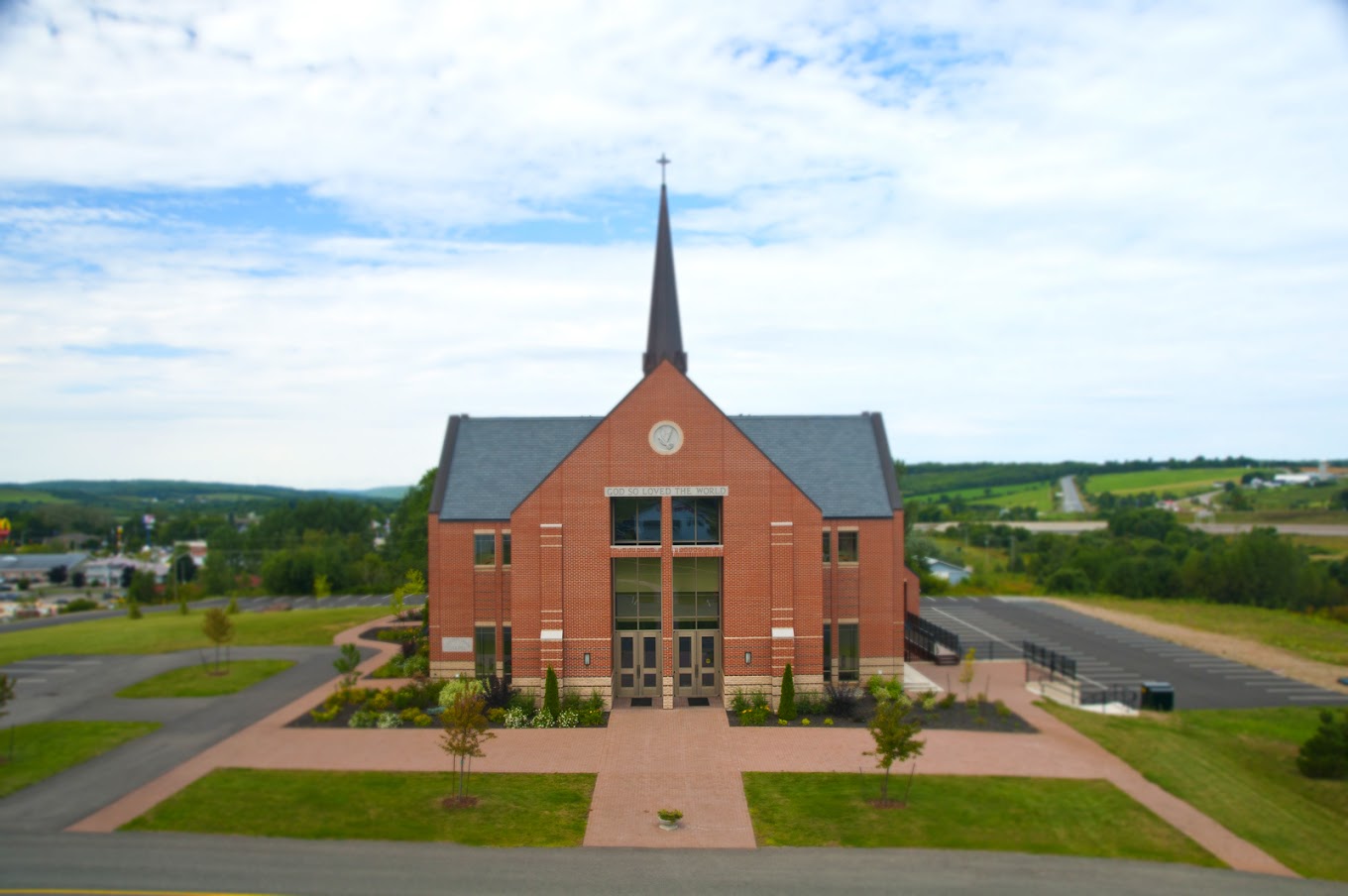
SF: Spiritual Formation Component Term 2 2025-2026
This course is where students report participation in the required spiritual formation activities each week.

Term 2 2025-2026
PSPM305: Group Process Term 2 2025-2026
This course provides an overview of counselling group development, dynamics, and processes. Issues related to group leadership, ethics, and work with special populations will also be discussed.

Term 2 2025-2026
PM400: Pastoral Ministry Term 2 2025-2026
This course studies the real-life work and responsibilities of the pastor (except preaching). Students are exposed to both the ‘up-front/public’ ministries of a pastor, as well as the ‘behind-the-scenes’ responsibilities. Many practical areas of pastoral ministry are explored through lecture, demonstration, practice, and visits to local churches.

Term 2 2025-2026
PH401: Ethics in Counselling Term 2 2025-2026
This course presents concepts regarding ethical issues encountered by the pastoral counsellors and licensed professional counsellors. Areas of interest include ethical principles, professional codes of ethics, identifying and resolving ethical dilemmas, ethical decision-making models, and legalities of the profession.

P000: Practicum Term 2 2025-2026
This course is a generic placeholder for practicums which will be replaced by a specific course when the student contract is approved. Practicum assignments are designed to allow students to integrate classroom learning and practical ministry.

Term 2 2025-2026
OT201: Pentateuch Term 2 2025-2026
This course is a detailed study of the content and spiritual significance of the first five books of the Bible (Genesis through Deuteronomy).

Term 2 2025-2026
OT101: Biblical Literature I Term 2 2025-2026
This course is a comprehensive survey of the Old Testament. Problems relating to its proper understanding are considered.
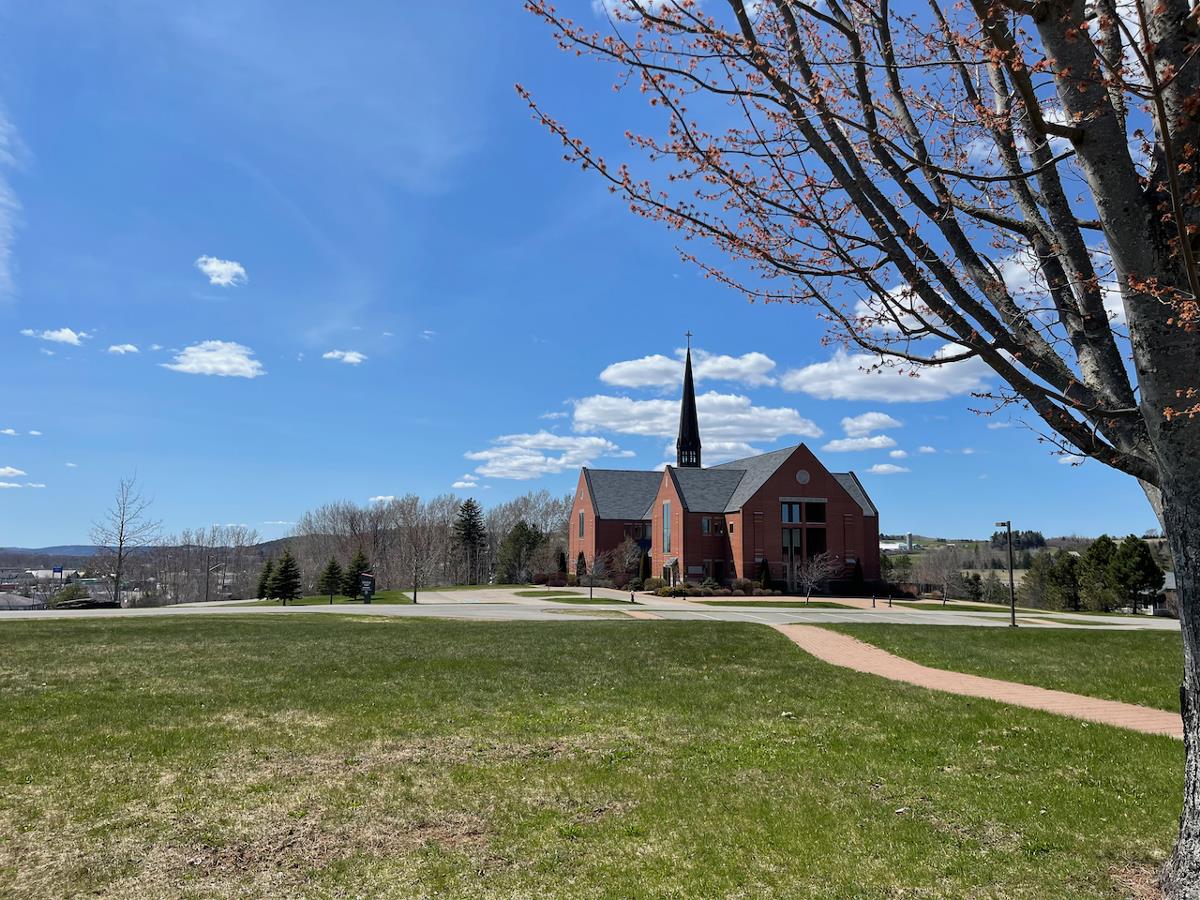
MIN500: Ministry Placement Term 2 2025-2026
This course is the hands-on ministry component of the Master of Arts (Pastoral Theology). During twelve months of the program, each master's student will invest a minimum of 20 hours per week in an approved ministry, on a paid or volunteer basis. Monthly reflective reports will be submitted to the Program Director. Students who choose to complete the degree in two years may reduce their ministry hours to ten hours per week over two years.
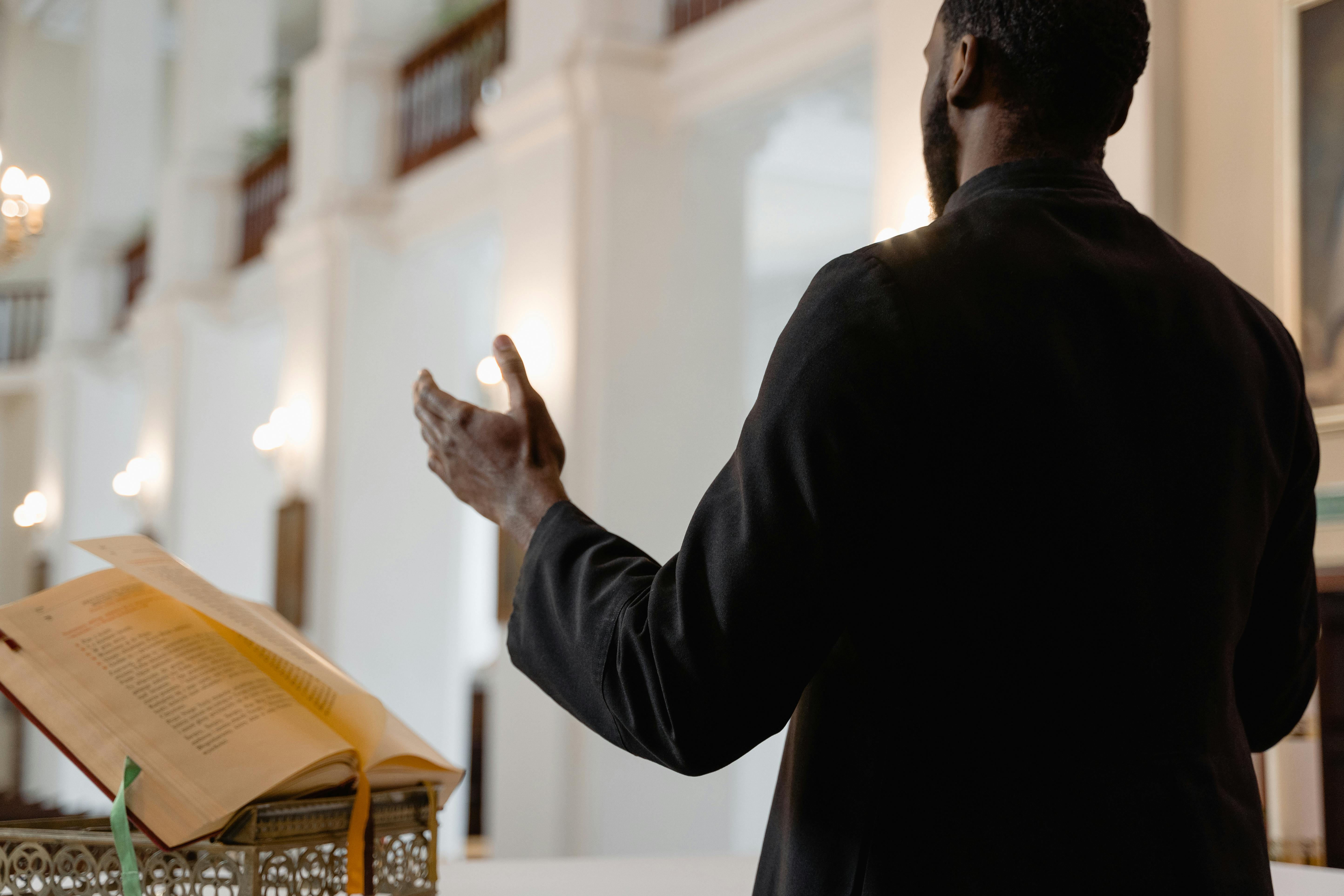
Term 2 2025-2026
MIN301: Homiletics Term 2 2025-2026
This course introduces the student to preaching. Emphasis is placed on the principles and practices underlying the preparation and delivery of effective, creative, dynamic sermons. Topics include discovering and studying the text; the role of the Holy Spirit in sermon preparation and delivery; the importance of voice and body language; various sermon structures; finding and using sermon illustrations; and the spiritual development of the preacher.
Term 2 2025-2026
MI402: Spiritual Conflict Resolution Term 2 2025-2026
This course examines the spiritual encounter with demonic power by reflecting biblically, theologically, historically, and culturally on the topic. The believer’s identity and authority in Christ are explored as well as techniques to counter the influence of demons in the life of believers. Defensive and offensive postures of the missionary are also examined. The practical focus of the course is two-fold: to help the student experience and maintain complete freedom in Christ, and to consider the missiological implications spiritual conflict resolution has to the training for modern day mission.

Term 2 2025-2026
HI551: Church History Term 2 2025-2026
This course provides a survey of the history of the Christian Church from its birth to the present day in the context of world history. Attention is given to how the past impacts present and future ministry.
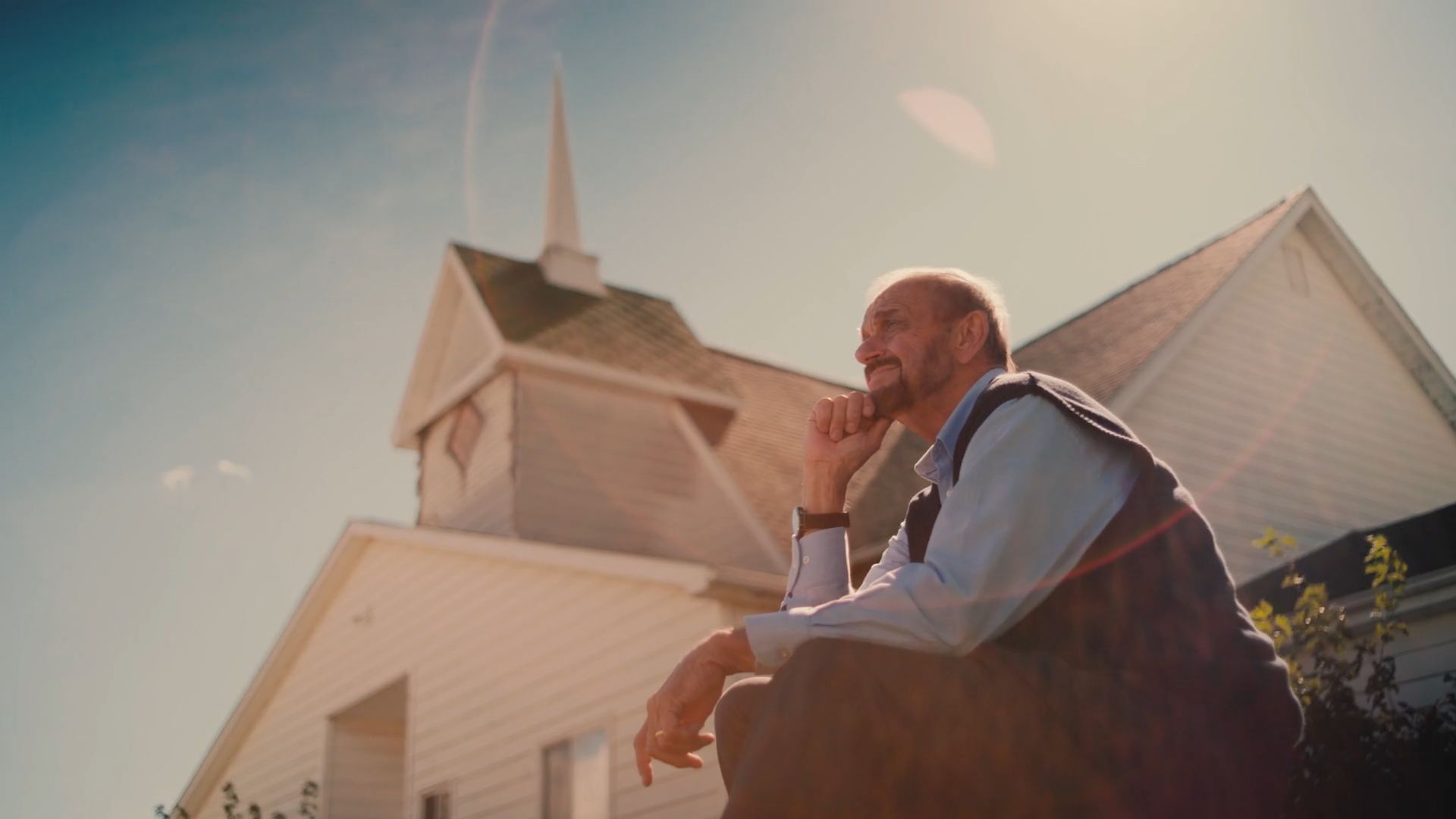
Term 2 2025-2026
HI303: Church History Term 2 2025-2026
This course provides a survey of the history of the Christian Church from its birth in the book of Acts to the present day, in the context of world history. Attention is given to how the past impacts present and future ministry.